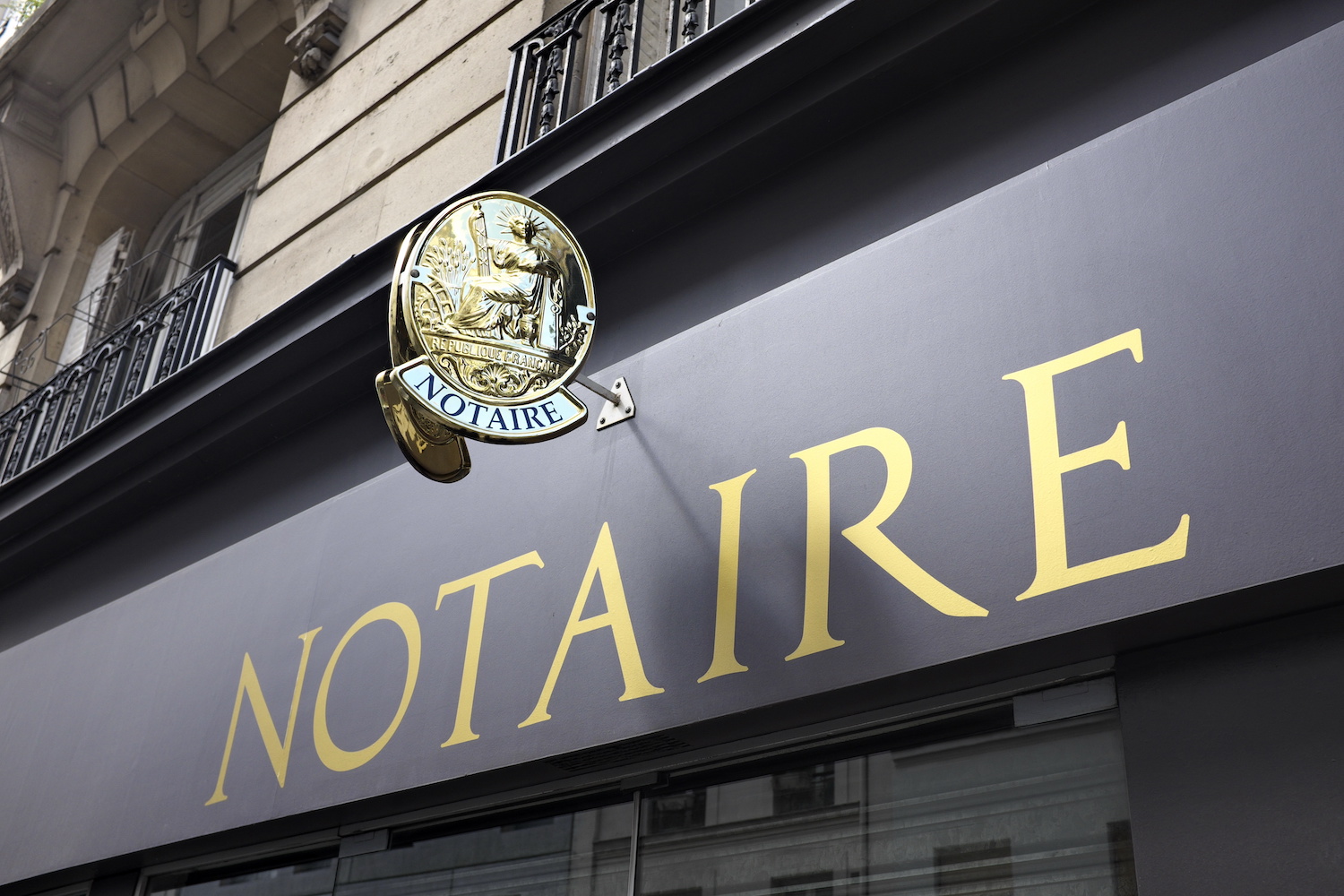« La profession de notaire est strictement réglementée. Actuellement 36 notaires exercent leur fonction au Grand-Duché de Luxembourg, nombre limité et réparti géographiquement sur tous les cantons – à l’exception de celui de Vianden.
Bras droit du notaire, les clercs de notaire assistent ces derniers dans l’accomplissement de leurs missions : préparation et rédaction des actes, suivi des dossiers, réception des clients et compilation des différentes pièces administratives.
Il s’en suit que la fonction de clerc de notaire constitue une partie essentielle dans le travail journalier du notariat, et un support crucial face à une charge de travail élevée.
Dans ce contexte, nous aimerions poser les questions suivantes à Madame la Ministre de la Justice et Monsieur le Ministre de l’Éducation, de l’Enfance et de la Jeunesse :
- Madame et Monsieur les Ministres peuvent-ils indiquer si la profession du clerc de notaire est réglementée dans le cadre d’un statut propre ?
- Comment la formation du clerc de notaire est-elle organisée actuellement ?
- Madame et Monsieur les Ministres disposent-ils d’informations sur la formation continue pour ce profil professionnel ?
- Madame et Monsieur les Ministres pourraient-ils fournir des informations sur une éventuelle formation spécifique pour clercs de notaire dans le cadre de notre enseignement supérieur ? »
Answer
The profession of notary clerk is not a regulated profession as per the amended law on the recognition of professional qualifications. Consequently, notaries are free to recruit for this function applicants who may have various qualifications. According to the information we received, most of the clerks of notaries are graduates in law, some also have the diploma of candidate-notary. Note that the Ministry for Higher Education and Research has just accredited the training program leading to the higher technician certificate (BTS) “Legal Assistant”.






